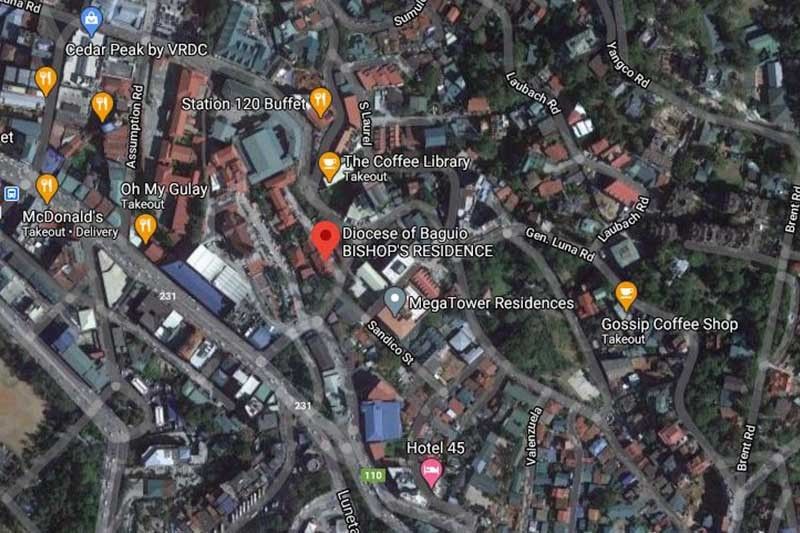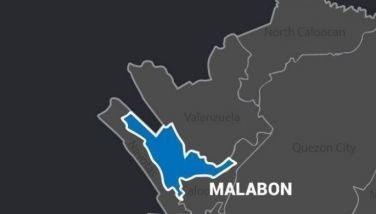Baguio diocese condemns 'red-tagging' of bishop

MANILA, Philippines — The Roman Catholic Diocese of Baguio City condemned a social media post accusing its bishop of supporting communist rebels.
In a statement Wednesday, the Diocese of Baguio said that Bishop Victor Bendico and its Social Action Commission have no link to right-wing or left leaning groups.
The diocese issued the statement after it had received reports of social media posts associating Bendico to an organization “which he does not personally know and dealt with.”
“He was addressed in the said [Facebook] post as a supporter of this organization for which reason he was red-tagged,” the Diocese of Baguio said.
“The Diocese of Baguio promotes and advocates justice and peace, integral human development and charity, above all, through the fulfilment of her priestly, prophetic and kingly mission or roles based on Catholic Doctrines and Social Teachings but never on ideologies that sow disunity and sabotage peace,” the diocese said as it asked social media users to stop red-tagging Bendico.
In June, Presidential Communications Operations Office Undersecretary Lorraine Badoy, also the spokesperson for the government’s anti-terrorism task force, accused Sr. Mary John Mananzan of St. Scholastica’s College of being a member of the Communist Party of the Philippines-New People’s Army-National Democratic Front, which she classified as a terrorist group.
Mananzan, from the Benedictine Order, has been vocal against extrajudicial killings, attacks on press freedom, and other acts of violence during the leadership of President Rodrigo Duterte. She is also the current national chair emerita of women's group Gabriela.
A report of the United Nations released in June said that red-tagging—labeling activists as rebels or enemies of the state—has been a “persistent and powerful threat to civil society and freedom of expression.”
The Commission on Human Rights also said that red-tagging is a “serious concern” that should not be taken lightly.
Red-tagging by government forces is usually followed by threats through electronic or physical means, surveillance and harassment, arbitrary or illegal arrest and detention, or torture, local rights group Karapatan said. In some cases, red-tagging also translates to enforced disappearances and even killings.
The passage of Anti-Terrorism Act of 2020 is feared to curtail the public’s constitutional right to free speech and expression. Two Aetas from Zambales were the first persons known to be charged for violating Section 4 of the law, which is being assailed for being vague and overbroad. — Gaea Katreena Cabico
- Latest
- Trending
































